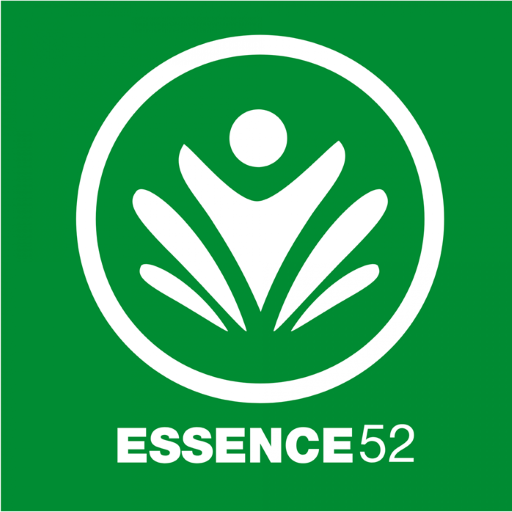Essential oils in residential care: Responsible use
Being Aware of Safety Issues When Using Essential Oils in Residential Care
Essential oils can offer many wellbeing benefits in residential care — from promoting relaxation and sleep to supporting mood and comfort.
However, they are highly concentrated plant extracts and must be used with great care, especially with older adults who may have health conditions, sensitive skin, or reduced respiratory function.
Understanding the Risks
Awareness of safety issues begins with understanding that essential oils are not risk-free. Some oils can interact with medications, irritate the skin, or cause allergic reactions.
For instance, peppermint and eucalyptus oils may affect breathing in those with asthma or COPD, while citrus oils can make skin more sensitive to sunlight.
Dilution is essential: even gentle oils such as lavender or chamomile should never be applied neat to the skin.
Not All Lavenders Are the Same
It’s also important to know that not all oils with the same name are chemically identical. For example, Lavandula angustifolia (True lavender), Lavandula latifolia (spike lavender), and Lavandula stoechas (Spanish lavender) all have very different chemical compositions and safety profiles.
While true lavender (Lavandula angustifolia) is considered one of the mildest oils, spike lavender contains camphor — which may not be suitable for people with epilepsy or certain medical conditions.
This highlights the importance of knowing exactly which botanical species you’re using and consulting reliable sources before applying or diffusing oils.
Quality, Sourcing, and Training
Quality and sourcing also matter. Always choose oils from reputable suppliers who provide safety data sheets (SDS) and clear labelling.
Synthetic or adulterated products can increase the risk of adverse reactions. In communal environments, diffusion should be used sparingly and only after checking for individual sensitivities.
Staff training is key. Anyone introducing essential oils should understand contraindications, correct dilution ratios, and safe methods of application.
Responsible Use
Used responsibly, essential oils can enrich daily life in care homes, offering sensory comfort and emotional connection.
But safety must always come first.
Always get guidance from a qualified aromatherapist or complete relevant training before using essential oils in residential care.
Contact Liz to discuss your nursing home training requirements.
Until next time,
Liz

All rights reserved
Legal
-
Privacy Policy
-
Terms of Use
-
Cookie Policy
